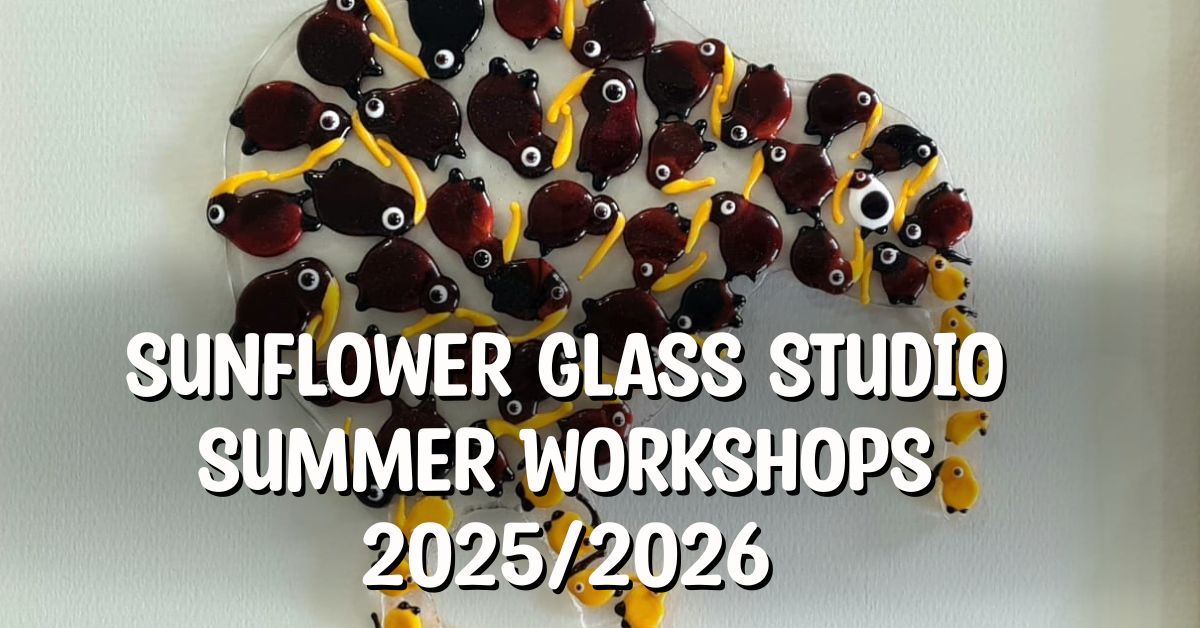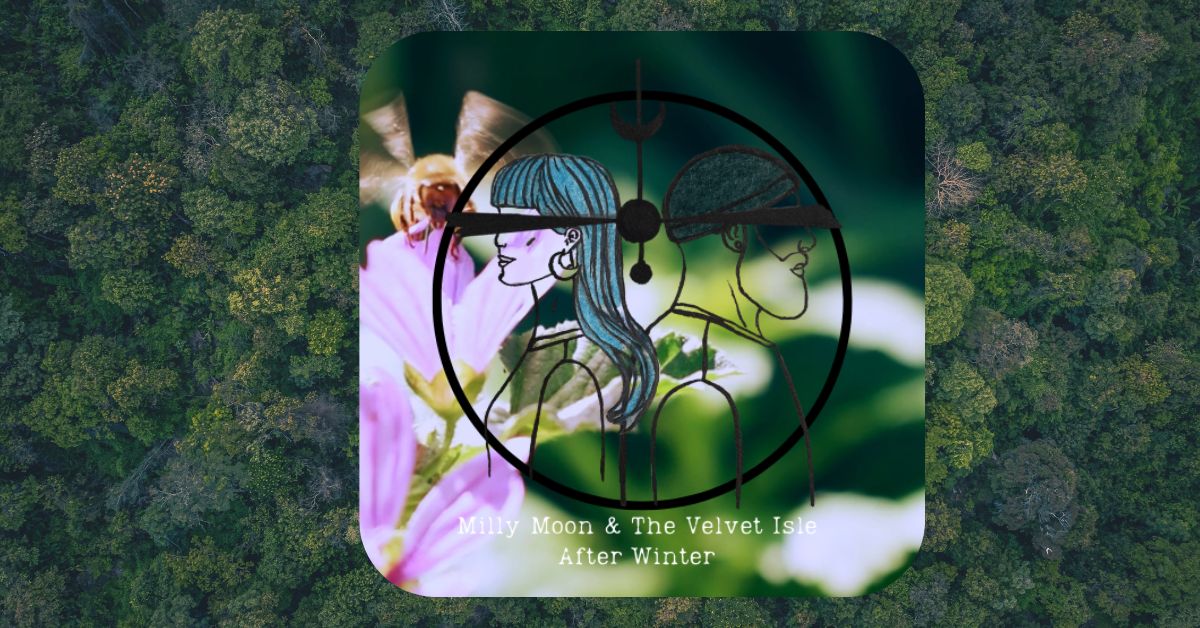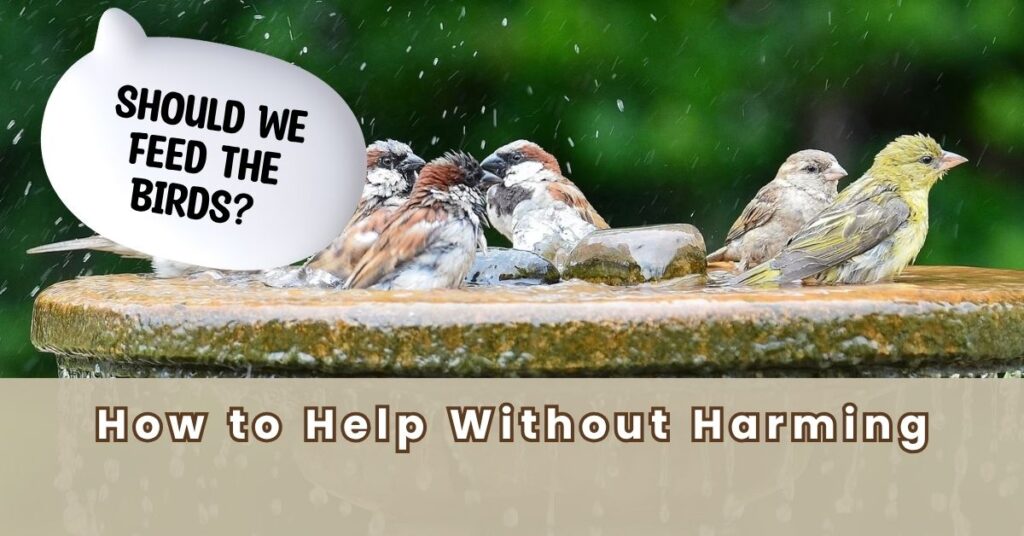
Backyard bird feeding is an enjoyable hobby that many Kiwis enjoy
Previous studies (Forest and Bird) have found around half of NZ households provide food for garden birds. It also showed that bread, seeds, and kitchen waste are the most common foods used. Unfortunately, such practice is harmful because it attracts introduced grain-eating species, such as starlings, doves and mynas, that outnumber native species.
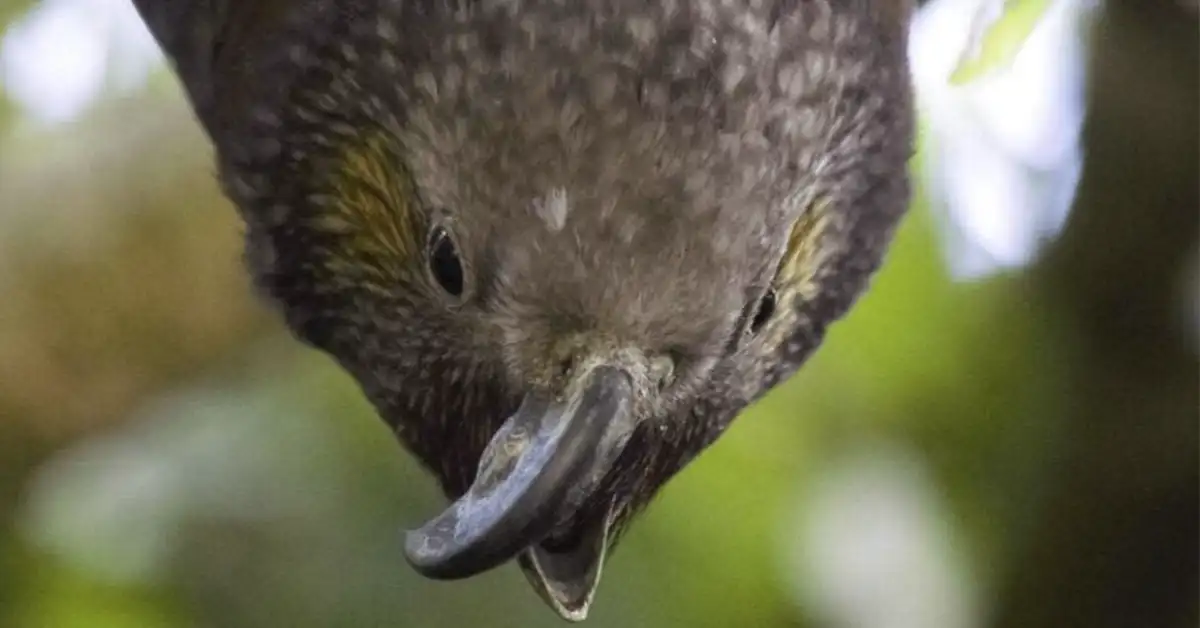
This article is not an attack on bird feeding; it is a reminder that it should be done in moderation and hygienically.
FOOD
Any bird feeding should be done in moderation. Birds are more than capable of finding their own foods and daily feeding is not required.
Birds do not need to be fed more in winter and the winter weather in this country is not that harsh. Tauhou/silvereye do not scavenge the carcasses of dead animals, so why feed them rancid balls of fat? Tūī, bellbird and silvereye all live on subantarctic Auckland islands and survive naturally without food from people. Commercial energy logs, cakes and seed mixtures are made-for-profit human inventions that are nothing like natural bird foods.
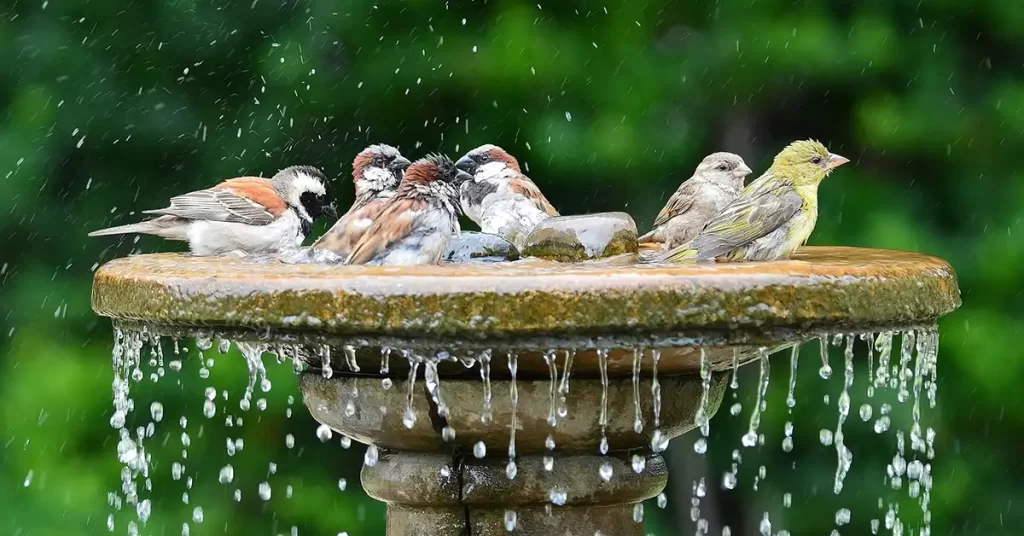
Feeding human food can lead to physical harm to birds such as bone and beak deformities (metabolic bone disease); during the spring season, this food gets carried back to the nests, and young birds can develop deficiencies.
What is clear is that bird feeding is becoming more popular. Some people believe that feeding massive amounts of food to birds is a good thing, but is it? Ian McLean (Ornithological Society of NZ ) says the commercial bird seed industry is partly to blame for the message we need to feed birds. “It is to sell products.”
Many believe you are supplementing the nectar-eating species like tūī and silvereye, but are you feeding your birds Coca-Cola daily? Refined sugar is not the same as natural nectar. We know nectar is scarce over winter but too much dependency on sugar may create other health problems and reduce pollination and seed dispersals, as birds find it an easier option and will not visit their native plants as much.
DISEASES
Fluffed-up feathers are common for birds with salmonella and diseases like chlamydia. Bird poo in and around food can cause salmonella infections and intestinal parasites. Salmonella is an absolute killer of birds, but those birds affected do not drop dead around your feeder, they die unseen under bushes hundreds of metres away. Sparrows carry diseases such as salmonella, a zoonotic disease (that can pass on to other species including humans), by soiling the feeding equipment and mixing bird poo with food if fed on the ground.
HYGIENE
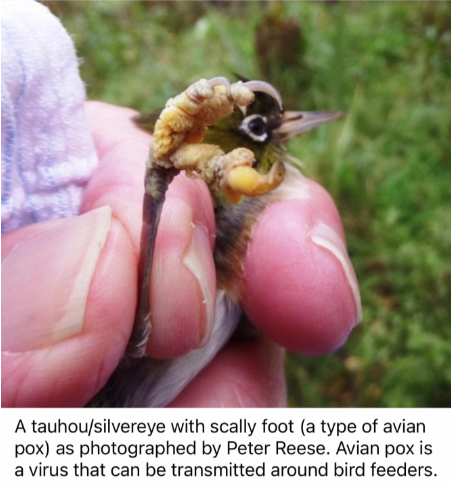
Daily cleaning of bird feeders is essential, but unfortunately, daily cleaning is not a normal practice for many.
A study by Josie Galbraith from the University of Auckland found that only 29% of people cleaned the feeder after 2 to 3 days of use, whilst an additional 25% cleaned it at least once a week.
That leaves 46% of others not cleaning them after a week of use.
As you can appreciate that is really poor hygiene – can you imagine eating your dinner off the same uncleaned plate for a week? In particular, sugar feeders should be cleaned daily with hot water; if you are not prepared to do that, you shouldn’t be feeding birds.
Do not use open feeding dishes, as they rapidly (sometimes within minutes) get bird poo in them. Bird poo in the food can rapidly create a problem with both salmonella and intestinal parasites.
BEHAVIOUR
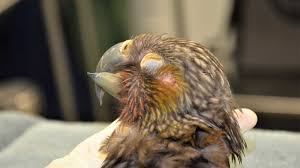
Mass concentrations of birds around feeders are unnatural and cause aggression. Certain species, like sparrows, doves, feral pigeons and tūī dominate the feeder (depending on what you are feeding), whilst the insect-eating grey warblers and fantails are pushed out of your garden by these more aggressive species.
SUGGESTIONS
Rather than putting out bird food, plant native trees, shrubs and flowers. A layered mix of ground covers, shrubs and trees in your garden can provide insects, nectar, fruit, seeds and shelter for many species of birds. These include the insect-eating grey warblers, fantails, welcome swallows and shining cuckoos that are ignored and even disadvantaged by other species when you feed shop-bought seeds and sugar water in your garden.
-Install a bird bath in your garden. This is great for the birds, whilst providing an excellent opportunity to view them without the bird-versus-bird aggression associated with bird feeders.
We all have the power to do something bigger than ourselves for those we share our planet with.
The content for this article was gathered from the following organisations:
SPCA, Forest and Bird, Auckland Zoo, Auckland University, WrenNZ (Wildlife Rehabilitation Network of NZ), Ian McLean (Ornithologist)
words by Annemieke Kregting
Coromind: Coromandel’s Collaborative Magazine

Help us take Coromind Magazine to new heights by becoming a member. Click here
Change the Weather for Your Business: Advertise with Us.
Advertise your business in the whole Hauraki Coromandel in the coolest Coromandel Art Magazine, from Waihi Beach/Paeroa /Thames up to the Great Barrier Island.
Advertise Smarter, Not Harder: Get in Touch



